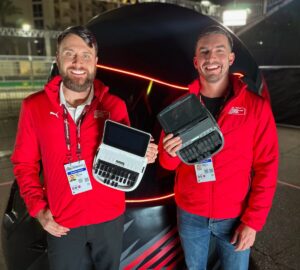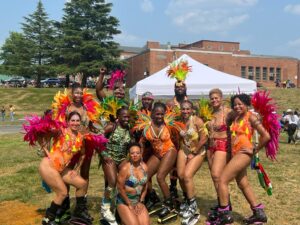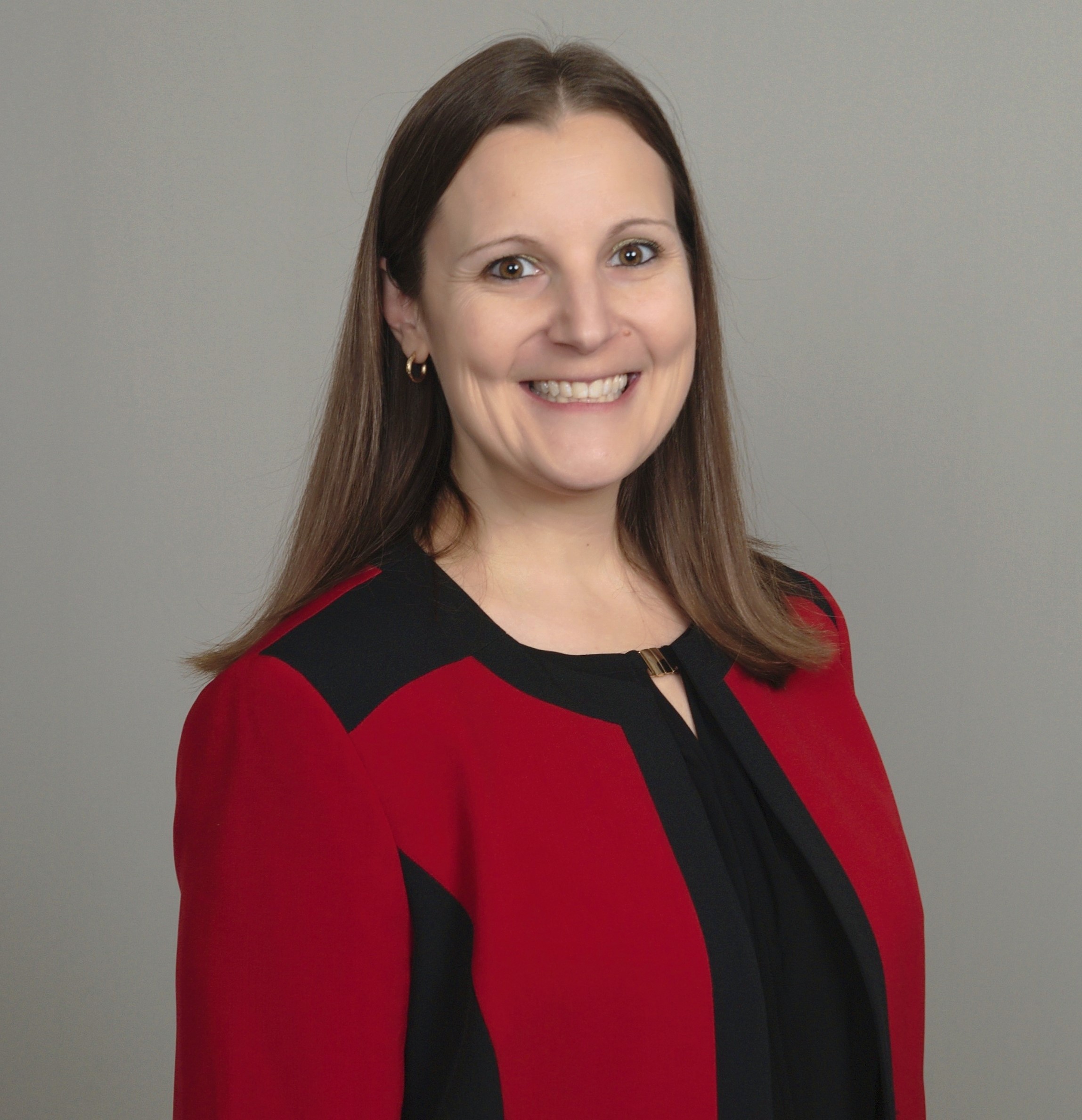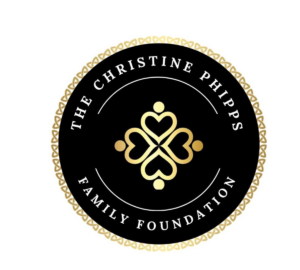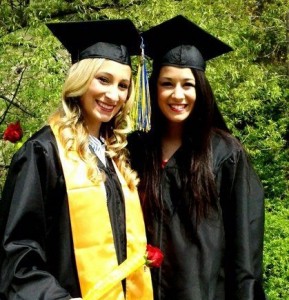
By Melissa Foley
Jennifer Dentino studied court and realtime reporting, along with obtaining her associate degree in applied science, at Alfred State College, Alfred, N.Y., from 2010 to 2012. After graduation Jennifer, along with fellow court reporter and best friend Nicole Rotoli, moved to Goshen, N.Y., to work for Cummings Reporting. She worked for two and a half years on all types of depositions, including personal injury cases, medical malpractice, and matrimonial. She also did public hearings for various townships.
Jennifer is a member of NCRA and NYSCRA and currently lives in Rochester, N.Y., where she is employed with the Rochester Police Department as a police stenographer.
- What made you want to become a court reporter?
My grandpa and uncle were both court reporters. I grew up admiring my grandpa and all that he does for our family, and I want to follow in his footsteps. He is a very wise man, and I truly believe court reporting played a huge role in that!
- Tell me about your transition from school to the workplace. What was the biggest challenge? What is your current position?
My biggest challenge throughout my transition was probably just getting familiar with designations and who everyone was in the deposition room. It took a while to understand what role everyone played and why they were there, etc.
As a police stenographer, I work at the professional standards section office, also known as internal affairs. I work with the staff of police sergeants, under the command of a police lieutenant. My main duty here is stenographic work requiring a high degree of accuracy in taking and transcribing statements in connection with police investigations. When needed, I also take and transcribe verbatim testimony during administrative hearings, recorded phone calls, taped statements, and civilian review board findings.
The average time spent reporting versus transcript production is about 50/50. There may be busy weeks with more reporting and little time for transcript production; however, some weeks may be less reporting, with more time to work on transcripts.
- At any point during your court reporting schooling or transition to work, did you have a mentor? If so, how helpful were they to you?
I had a few mentors — one being my grandpa, and a couple other court reporters I knew before going into court reporting. I love to ask questions, so whenever I had a question, I would never hesitate to call a fellow court reporter, as I still do!
Also, I was very fortunate to have my best friend by my side throughout this journey. Nicole and I have been friends since 6th grade, and we decided we would go into court reporting together. We were two out of the three students who graduated in our court reporting class of 2012. It was very helpful to have a buddy system and peer support along the way; we were in this together. We also moved downstate after school, where we lived together and both worked at Cummings Reporting. It was the best experience I could have ever asked for, and what better way than to do it with your best friend! We parted ways last year — Nicole is now freelancing in Buffalo, N.Y., and I came back to Rochester. I don’t think I could’ve done it without her.
- If you could go back and do something differently in terms of school or your first years of court reporting, what would it be?
Take as many tests as you can during school or immediately after graduating. Once you get working, it’s harder to find the time to study for the RPR Exam or any type of certification. It is also helpful to get familiar with test taking for the future.
- What advice would you give to any court reporting students now?
Practice, practice, practice, and don’t get discouraged. There will be hard days, easy days, boring days … every day is different. Don’t get discouraged, and love what you do!
Also, don’t think coming out of school you will be making six figures. You start from the bottom, just like any other job. Stay determined and have patience.
- What was the best piece of advice you received from another court reporter that helped you?
Get right back up after a hard day; it will make you stronger for what tomorrow has to offer.
- What do you like best about your career as a court reporter?
Every day is different. You learn something new as well as meet someone new almost every day. I also love the fact that we do something nobody else can do. Our skill is so unique, and it amazes me every day that I am one of the few who can do it.
- What do you like to do when you’re not court reporting?
I love to be with family and friends, and I love to work out. Living a healthy lifestyle and balancing work with fun is important to me. You will go crazy working all the time. Have some fun — we deserve it!
Melissa Foley, RPR, is an official in Rochester, N.Y., and a member of the NCRA New Professionals Committee. She can be reached at mfoley@nycourts.gov.




